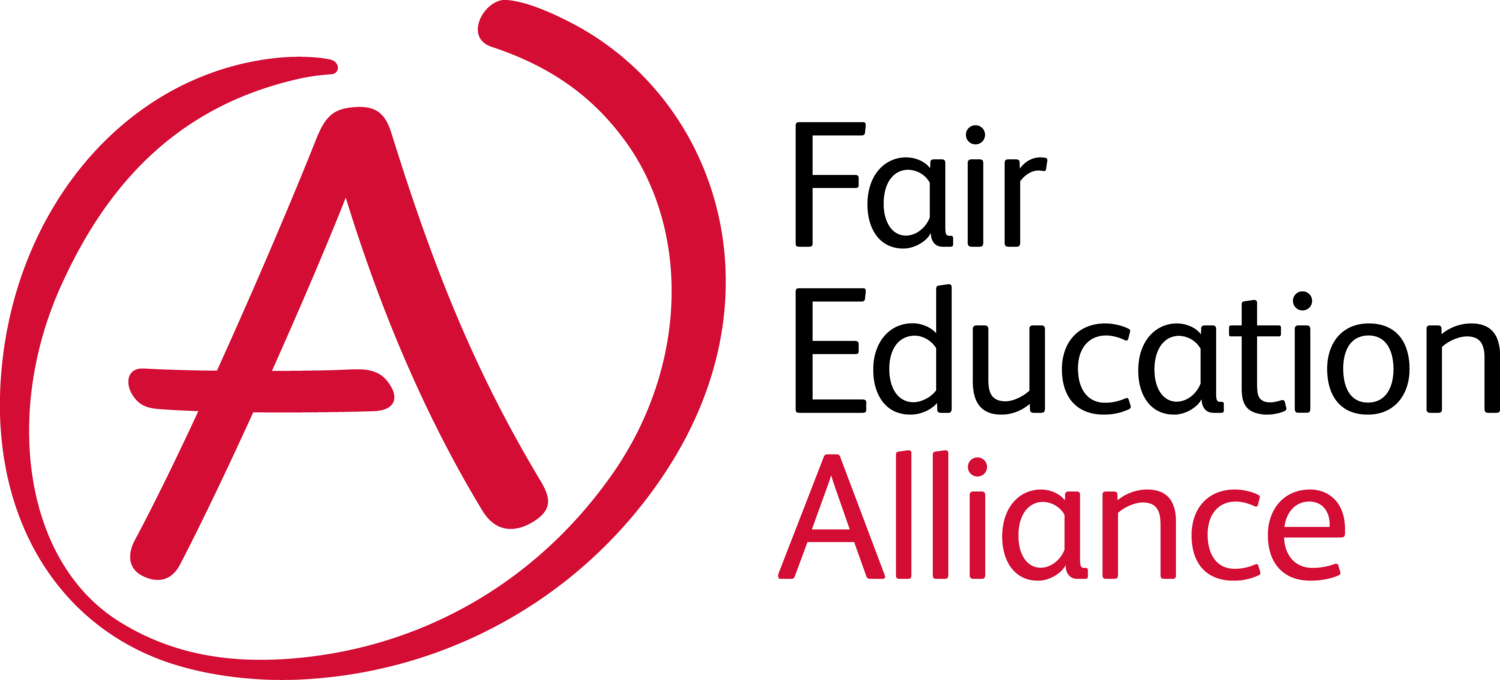Character Education is like the proverbial Marmite – loved by some, loathed by others.
And given where education debate has shifted over the last few months, there are plenty of pragmatists who already see character education receding in the rear-view mirror.
So why has Enabling Enterprise, which is an organisation that conspicuously has enterprise in its name, created a toolkit of practical principles for character education?
Achievement skills
For us, and in line with the Jubilee Centre’s excellent work on character education, there are three elements to building character:
- Civic Character Values: Focused on being a responsible citizen and making a contribution to wider society including service, citizenship and volunteering.
- Moral Character Values: The attitudes that dictate how we respond to different situations, including courage, self-discipline, humility and honesty.
- Performance Character Values: The behavioural skills and psychological capacities that can be used for good or bad ends which put character traits into practice.
In ‘The Road to Character’, David Brooks separates these into two camps: The first are ‘eulogy virtues’ and the performance values in isolation are the ‘résumé virtues’.
Our focus at Enabling Enterprise is on building these skills that students need to achieve, and coupling them with aspirations and experiences which inform their values. Together, these enable them to act out the best version of their lives.
To us, whether you call them enterprise skills, employability skills, performance character values, resume virtues or achievement skills is essentially about semantics. What all students need is the ability to communicate, to work with others to overcome problems, to aim high and to be resilient.
The Principles
The six principles to build these skills in our new toolkit have been built up from our experience over the last seven years, and with the collaboration of our 230 school partners in the last year. Together they pin down what it takes to consistently and effectively build these skills in a classroom or across a school. They may seem intuitive when written down, but each pushes against a very different reality we sometimes see in schools:
(1) Keep it simple: One of the great challenges of character education is that it is so expansive. Instead be clear on what you are trying to achieve by collectively naming and defining the achievement skills you are focused on. At Enabling Enterprise, we focus on eight skills covering working with others, communicating, problem-solving, building high aspirations and being resilient.
(2) Measure it: As teachers, we often worry about too much assessment – and whether it distracts from activities and learning. What we’ve seen though, is that measuring progress in the achievement skills is possible, can be quick, and helps students to understand their own strengths and weaknesses and make better progress.
(3) Start early and keep going: It sometimes seems that character education can be difficult to define for younger students and only begins to be a focus as students are readying themselves for the world post-school. In our work, we start with children from as young as 5 years-old, building resilience and empathy as tools to unlock learning well before employability is even on the horizon.
(4) Pitch it right: Great character education is often seen as doing as many different activities as possible. In reality though, we rarely get better without working in our stretch zone – and exactly the same is true of building the achievement skills.
(5) Keep practising: In a packed curriculum and school day, there is a temptation to bundle character education up into one-off days, or the occasional lesson. The reality is that constant discussion and reinforcement is what really makes a difference – from having the same achievement skills in every classroom to finding ways to develop the skills in other lesson time.
(6) Bring it to life: Finally, character education falls apart when students make no connection between the classroom and the rest of their lives. Applying their skills to real-life projects and understanding how they would be helpful in employment, entrepreneurship or higher education are also powerful.
Putting it into practice
When we set up Enabling Enterprise, it was in response to the challenges we saw in our classroom. Six years on, having had the privilege of working with over 230 schools and 150,000 students across England, we’ve seen what can be achieved by focussing on developing achievement skills.
The six principles that we’ve explored in this toolkit are ones that we’ve seen time and time again in schools delivering truly outstanding education focussed on developing young people’s skills and attributes. Their students make rapid progress in their skills, unlocking their ability to learn faster in class and setting them up for the rest of their lives.
The good news is that increasing numbers of schools are proof that it can work. Alongside the case studies in this toolkit, hundreds of other schools are making this commitment.
You can download the full toolkit, and explore more about our work at: www.enablingenterprise.org/character
Tom Ravenscroft, Enabling Enterprise


